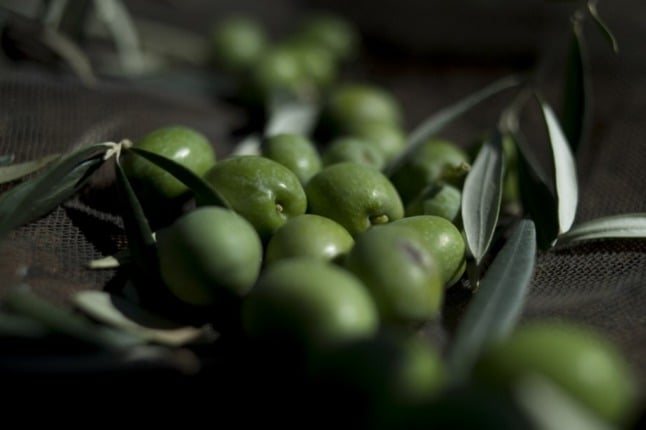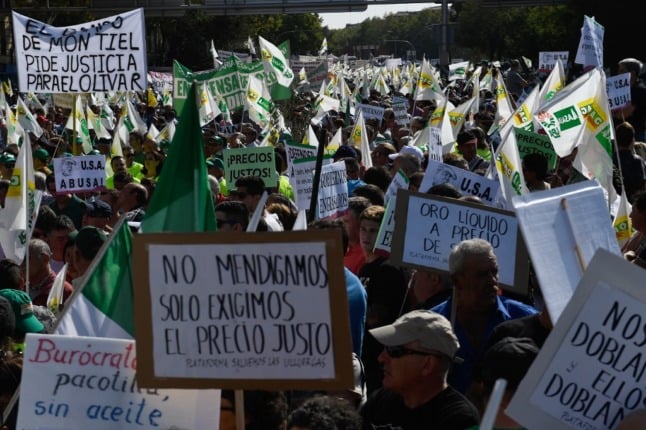The long-delayed deal is part of a major modernisation programme being undertaken by India, which has become the biggest importer of military hardware among emerging nations as it enjoys rapid economic development.
“The defence secretary has agreed to the proposal put forward by French defence majors Dassault and Thales and (European group) MBDA for the Mirage-2000 retrofit,” a source in the Indian Air Force (IAF) told AFP.
The upgrade of the French-built Mirage jets is expected to include advanced navigation systems, mission computers, electronic warfare systems and radars.
The work is likely to take nine years and will see two of the Mirages being re-fitted in France, said the source who declined to be named.
Other aircraft will be upgraded at the state-owned Hindustan Aeronautics base in Bangalore.
No confirmation of the deal was released by the Indian government, but the Press Trust of India news agency quoted a defence ministry official saying that the decision was cleared on Wednesday by the cabinet committee on security.
The overhaul of the fleet will add 20-25 years to the life of the Mirages, which were introduced to the Indian air force in the mid-1980s.
The deal had been stuck for five years due to differences over costs and the intended benefits to the IAF, which is also finalising a $12 billion deal to buy 126 new combat aircraft.
The IAF has argued that the Mirage upgrade was good value as it will transform the aircraft into cutting-edge combat fighters.
“The Mirage 2000 is the most important aircraft in the air force’s fleet after the Sukhoi-30,” former IAF chief Air Chief Marshal Fali Major told the Hindustan Times.
He said the upgrade was “crucial” as it would be years before the new planes from the planned $12 billion deal would be inducted.
India in February boosted military spending to 1.65 trillion rupees ($36 billion) for the financial year to March 2012 from 1.47 trillion rupees the previous year.
International consultancy firm KPMG estimates New Delhi will hand out military contracts worth $112 billion by 2016.
According to the Stockholm International Peace Research Institute think tank, India over the last five years was the world’s biggest importer of weapons.
The country is upgrading its million-plus military with hardware worth tens of billions of dollars because of its long-standing tensions with regional rivals China and Pakistan.
It has also begun honing homeland security since the 2008 attacks by Islamist gunmen which left 166 people killed in India’s financial capital Mumbai.



 Please whitelist us to continue reading.
Please whitelist us to continue reading.
Member comments